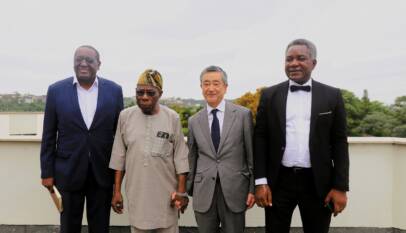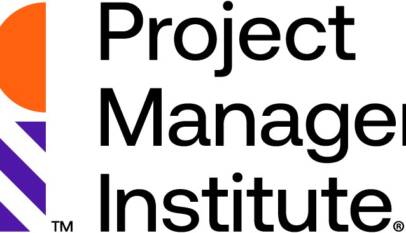Talent transition: Key to a just transition in Africa, Project Management Institute, MD


Michael Olumide
Africa’s shift towards sustainability hinges on developing the right skills and talent pool, says Managing Director of Project Management Institute, Sub-Saharan Africa, George Asamani.
Africa stands at a pivotal juncture, urged to decarbonise for the planet’s sake even as it struggles to power its own growth.
With 600 million people still lacking access to electricity, and coal providing cheap, reliable energy, the continent faces a significant paradox: the green transition is critical to global climate goals, but for Africa, it could come at a substantial cost.
The International Energy Agency warns that under net-zero pathways, about 13 million fossil-fuel jobs could disappear globally even as 30 million new clean-energy roles emerge by 2030.
The catch is that most of those new jobs will be created in countries that already manufacture and install renewable-energy technologies.
In much of Africa, where local production and technical training remain limited, job losses could easily outpace early gains.
Nowhere is this tension clearer than in South Africa, where around 100,000 coal miners and power-plant workers could face redundancy as coal is phased out.
Many are semi-skilled, with years of technical and operational experience that aren’t automatically transferable to renewable-energy projects.
For these workers, reskilling, not rhetoric, will determine whether the green transition is truly just.
A just transition must do both, protect those who stand to lose and prepare those who will build what comes next.
This means designing policies that cushion affected workers through retraining, while simultaneously developing a pipeline of project talent to lead the rollout of renewable energy.
A coal plant supervisor already manages complex schedules, safety protocols, and multidisciplinary teams, core project-management competencies that, with the right certification, translate directly to overseeing renewable projects.
Across Africa, deliberate reskilling is already underway. In Nigeria, engineers from the oil and gas sector have been redeployed to solar and energy-efficiency projects through national transition initiatives.
In Kenya, the expansion of geothermal energy has created new opportunities for technicians formerly employed in thermal power.
In Rwanda and Morocco, energy workforce programmes have successfully redeployed engineers and technicians from mining and fossil sectors into hydropower and wind operations.
In Ghana, the Bui Power Authority has retrained hydropower and thermal engineers to manage the country’s growing solar and hybrid projects, demonstrating how energy expertise can evolve in response to market demands.
Much of the global climate conversation to date has focused on policy and finance. But the real make-or-break factor lies elsewhere, in human capability. Without a deliberate plan for reskilling, the continent’s green shift could end up creating as many redundancies as green jobs.
This perspective is rarely viewed through the lens of talent: How will this transition impact those employed in the fossil-fuel economy, and how will new talent be developed to build and manage the industries of the future?
According to the PMI Talent Gap Report (2025–2035), Sub-Saharan Africa will need between 1.6 million and 2.1 million additional project professionals by 2035, an increase of up to 75%.
Yet education and training systems across the continent aren’t keeping up. The result is a skills deficit that threatens to stall progress in the very sectors most central to the energy transition: construction, energy, infrastructure, and technology.
Data from the Project Management Institute suggests that about 10% of global project investment is lost annually due to poor performance.
In Africa’s infrastructure pipeline, that translates into billions in wasted investment. This is where project management becomes the unsung cornerstone of Africa’s green economy.
A just transition demands talent transformation, the deliberate effort to retrain and redeploy workers from the old energy economy into the new one.
Africa’s green transition will not succeed solely on goodwill. Governments, development partners, and businesses must act now to integrate project management training into climate finance and just transition plans.
Building capability must be accompanied by building capacity. If climate investments continue to outpace human investments, the gap between ambition and delivery will only widen.
PMI is already collaborating with governments, academia, and industry across Africa to strengthen project delivery capability.
These partnerships are embedding project management frameworks into public infrastructure initiatives, while universities are integrating PMI-aligned curricula to prepare a new generation of professionals for project-based roles in the green economy.
By prioritising skills development alongside climate ambition, Africa can ensure that its energy transition is not only visionary but viable.
Less than 3% of climate finance helps people on the frontlines of climate change, warns ActionAid
Stanley Ihedigbo Less than 3% (2.8%) of global climate finance supports “just transition” …





